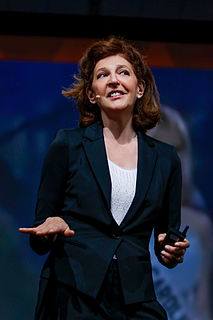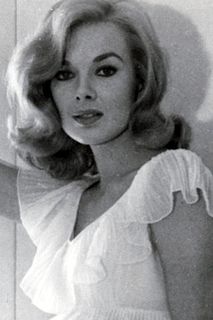A Quote by Samuel R. Delany
However much, as readers, we lose ourselves in a novel or story, fiction itself is an experience on the order of memory -not on the order of actual occurrence.
Related Quotes
It looks like the writer is telling you a story. What the writer is actually doing, however, is using words to evoke a series of micromemories from your own experience that inmix, join, and connect in your mind in an order the writer controls, so that, in effect, you have a sustained memory of something that never happened to you.
Reading Tomato Red-the first Daniel Woodrell novel I came upon-was a transformative experience. It expanded my sense of the possibilities not only of crime fiction, but of fiction itself-of language, of storytelling. Time and again, his work just dazzles and humbles me. God bless Busted Flush for these glorious reissues. It's a service to readers everywhere, and a great gift.
This fact was something I also learned from this first novel that I needed personal experience to invent, to fantasize, to create fiction, but at the same time I needed some distance, some perspective on this experience in order to feel free enough to manipulate it and to transform it into fiction. If the experience is very close, I feel inhibited. I have never been able to write fiction about something that has happened to me recently. If the closeness of the real reality, of living reality, is to have a persuasive effect on my imagination, I need a distance, a distance in time and in space.
Mostly the natural landscapes work as a sounding board for my characters, so they can understand themselves, and it acts as a mirror in which we readers see ourselves. The natural world is the place into which all my characters have to situate themselves in order to be who they really are, and that makes my rural fiction feel different from a lot of urban fiction.
The aim of the poet is to inform or delight, or to combine together, in what he says, both pleasure and applicability to life. In instructing, be brief in what you say in order that your readers may grasp it quickly and retain it faithfully. Superfluous words simply spill out when the mind is already full. Fiction invented in order to please should remain close to reality.


































